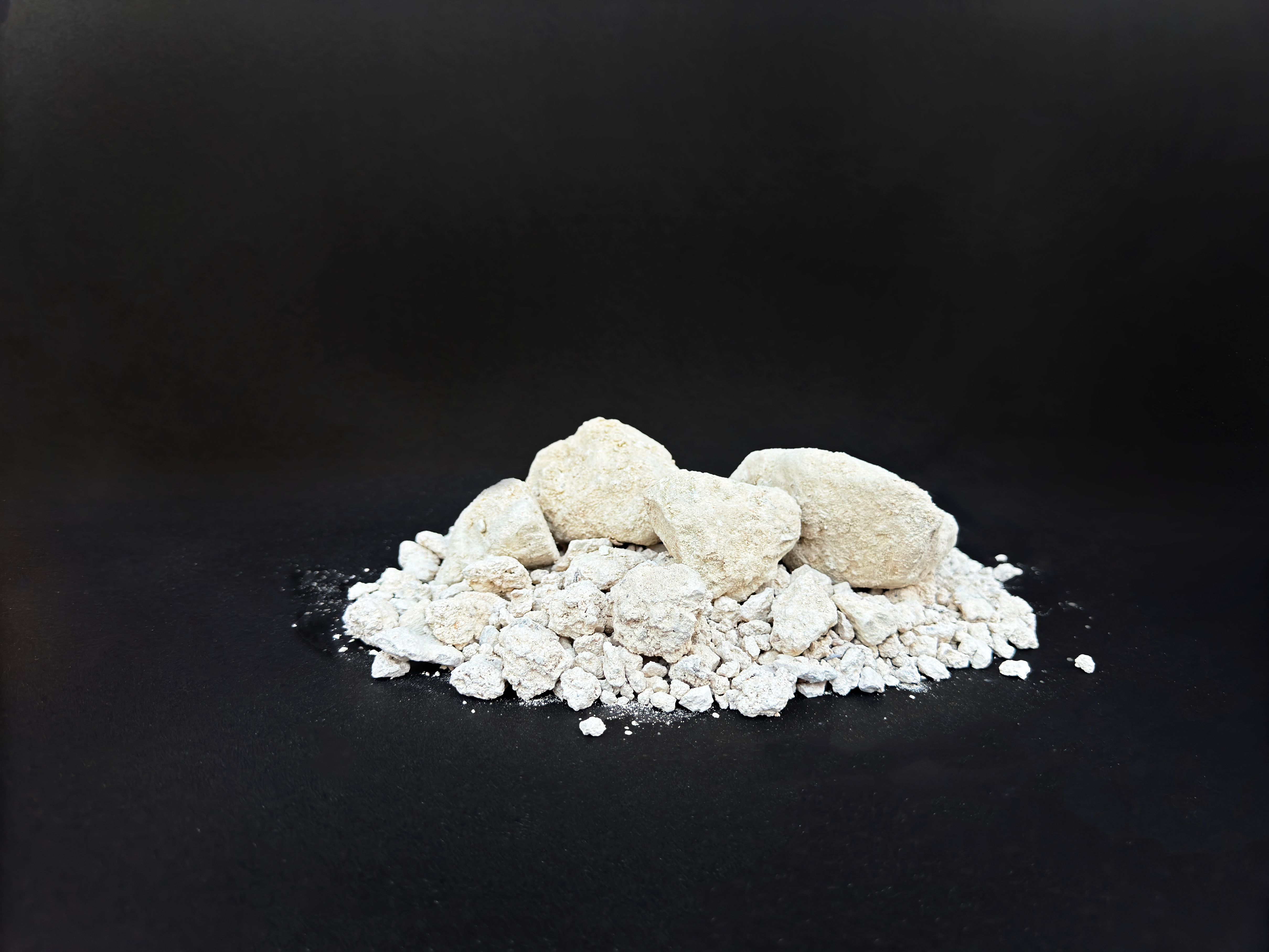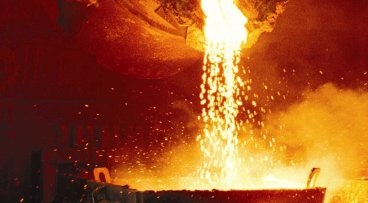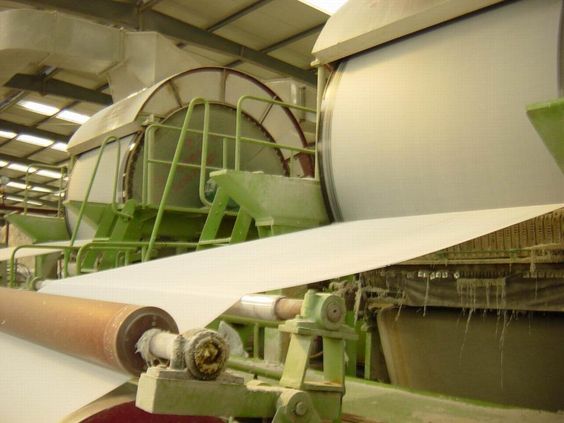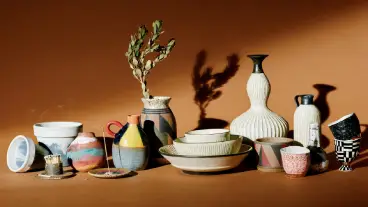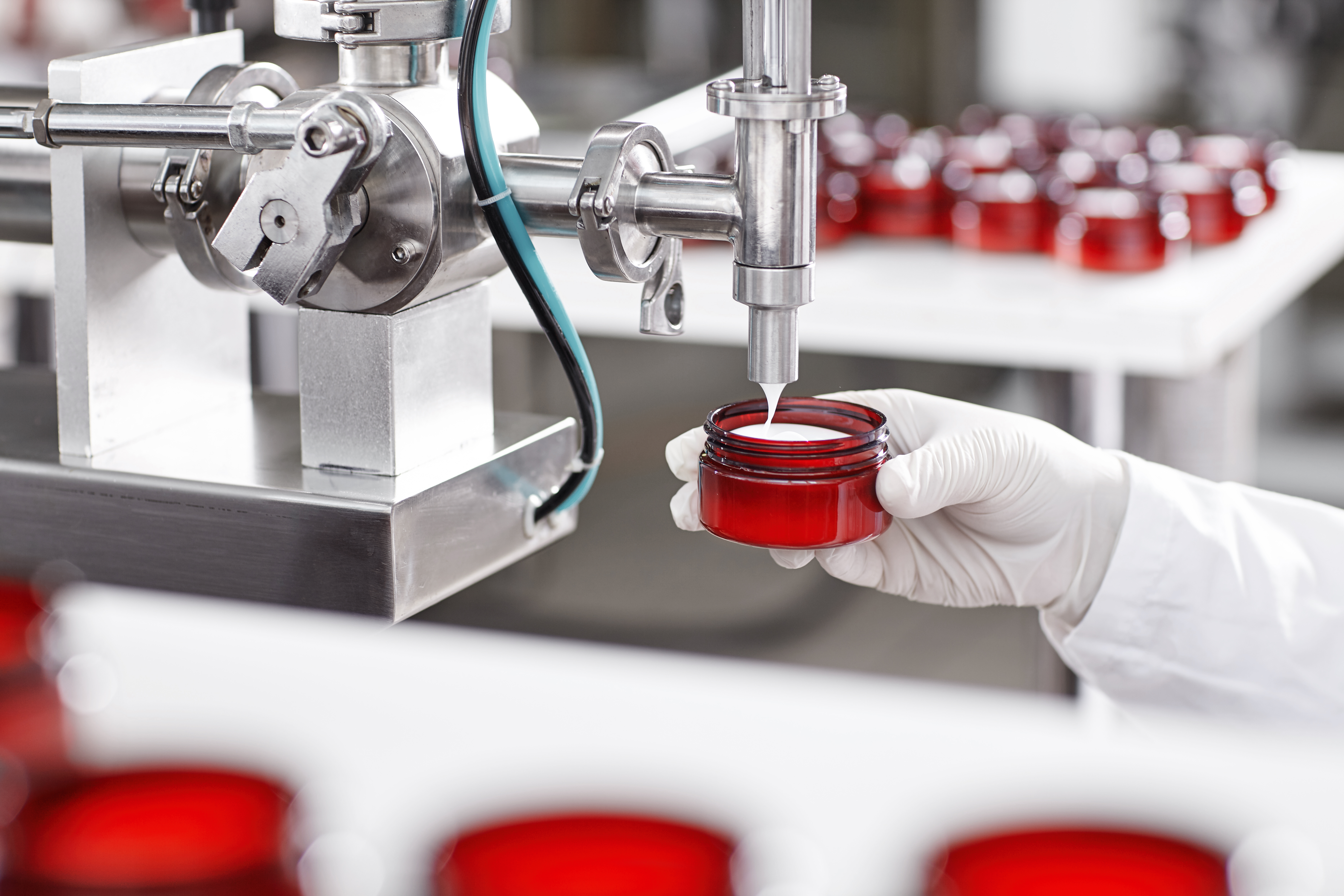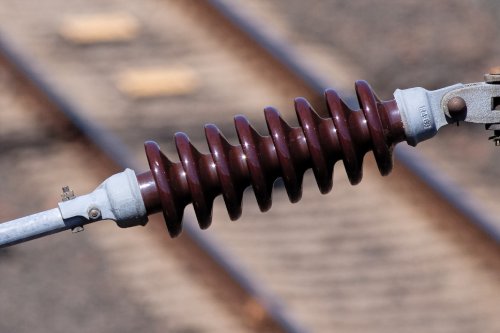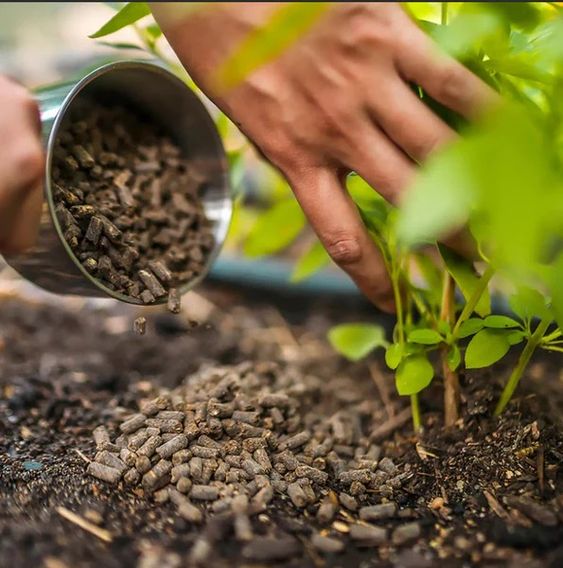BALL CLAY
Ball clay is a sedimentary clay which contains different amount of organic matter as well as mineral impurities The name "ball clay" comes from the fact that it has a fine particle size and forms a smooth, plastic mass when moist. The fine particle size also makes them impermeable to the passage of water for good plasticity. The main characteristics of ball clay is its high elasticity, low shrinkage and plastic size distribution. It is mainly known for its high-binding strength and plasticity. Today, ball clay is widely used to make tiles, sanitaryware, pottery and other ceramic products. It can also be used to manufacture tiles, bricks and cement.
Aplications
Ceramic, Glassmaking, Abrasivematerial, Foundrysand, Petroleum Industry
Properties of Ball Clay
1. High Plasticity: Ball clay is highly moldable, making it easy to shape and form, which is ideal for ceramics.
2. Fine Particle Size: Its fine-grained structure gives ball clay a smooth texture and enhances its workability.
3. Strength: It provides excellent strength when dry, ensuring that ceramic products are sturdy after shaping and firing.
4. Shrinkage: Ball clay undergoes considerable shrinkage during drying and firing, requiring careful handling to avoid cracks.
5. Color: Typically gray or brown when mined, ball clay fires to a light cream or white color.
6. Composition: It is primarily made of kaolinite, with smaller amounts of mica and quartz, which improve plasticity and durability.
7. Refractory Nature: It is resistant to high temperatures, making it suitable for use in refractory products like kiln linings.

